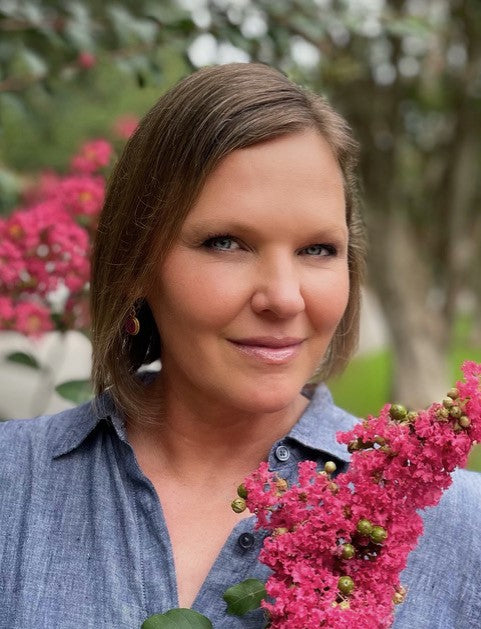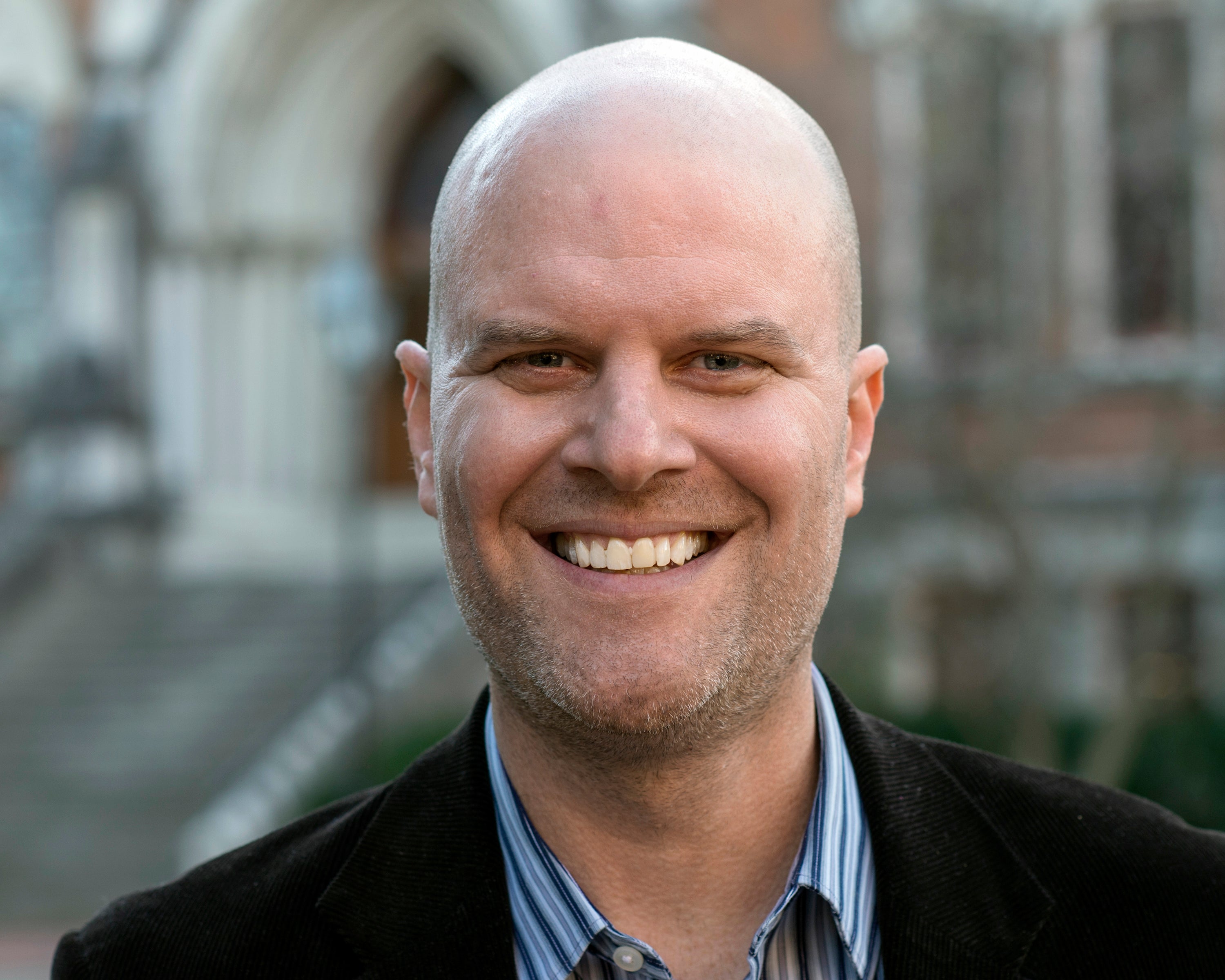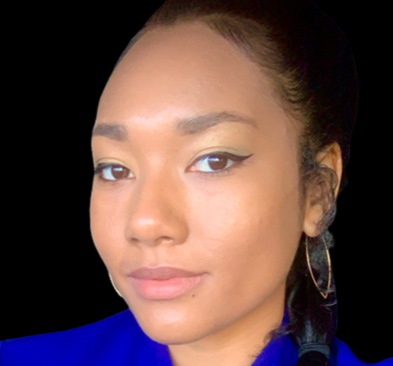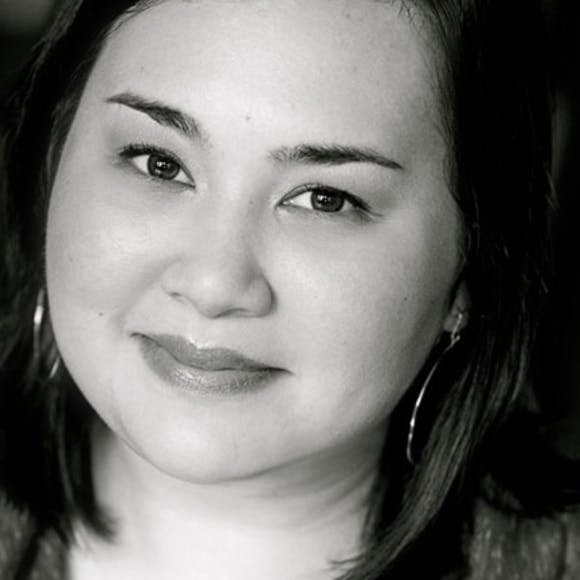Book: Buy Yourself the F*cking Lillies

Photos by Diana Ragland
Author: Tara Schuster
Author Bio:
“Tara Schuster is an author, playwright, and accomplished entertainment executive, currently serving as Vice President of Talent and Development at Comedy Central.
She is currently the Executive in Charge of Lights Out with David Spade, was the Executive in Charge of the Emmy® and Peabody Award-winning Key & Peele, the Emmy® Award-winning @Midnight, and numerous other shows including Another Period, Detroiters, and Hood Adjacent.
For her work on Key & Peele, Chris Hardwick has called her “brilliant” and Jordan Peele remarked that she is “ahead of her time...she sees the future a little bit.” Her plays have been performed in The New York International Fringe Festival and her writing has appeared in The New Yorker and Forbes online.
Tara’s first book, Buy Yourself the F*cking Lilies: and Other Rituals to Fix Your Life from Someone Who has Been There, has been chosen by People Magazine for New Non-Fiction, is a starred review in Publishers Weekly, and has been covered by Forbes, The Hollywood Reporter, Newsweek, and Parade Magazine among others.”
1. What made you want to write Buy Yourself the F*cking Lilies?
It’s funny, but I didn't set out to write a book, I set out to save my life. I grew up in a neglectful household where things came to die - the plants, the pets, Coco the Himalayan cat was a goner when a coyote carried her away.
There weren't “parents” around to protect me or to show me how to be a human. So, by the time I was 25, I was this mess-wreck-disaster of a person. I lived in a permanent anxiety attack, which often reduced me to burst into tears at any given moment.
If you saw a girl sobbing on the subway in 2008, it’s very likely I was that girl. I hit rock bottom the morning after my 25th birthday when I drunk dialed my therapist – threatening to hurt myself.
Listening to her voicemails the next morning and hearing the worry in her voice, I became really worried about what the rest of my life would look like if I continued down that path…I didn’t think there would be very much life at all.
So, that very next morning, I decided I needed to become my own parents. I needed to give myself the nurturing I never received. I read every self-help book, I tried on every piece of advice I heard, I watched how other parents took care of their young!
I took notes on all of it. I worked on re-parenting myself for the next five years until I (shockingly to me) became the stable, happy, not-about-to-cry-on-the-subway adult I always dreamed of being.
That is when I knew I had an offering for others. I wrote the book to share with others, to relate to them, to hopefully make them feel less lonely in their experience, to offer a road map for how to heal yourself in a not-so-cheesy-you-throw-up-in-your-mouth way.
Knowing that I could help other people and maybe make them laugh made me want to write the book.
2. What has surprised you most about the feedback the book is receiving?
I keep hearing that people think I went inside their brains and am telling their story – that’s how much they relate to it.
I knew, going into writing it, that the entire point was to make other people feel less lonely. But as people share their experiences with me, it turns out they are making me feel a hell of a lot less lonely. I’m just so surprised – and relieved – at how relatable readers find the book and how much I relate to the readers.
3. Maintaining mental sanity is critical for the times we are currently living in, what were some of the first “rituals” you adopted and why do you think they worked for you?
Keeping a journal is just about the most crucial ritual for mental health! It’s an incredible way to become more self-aware and to get in touch with your inner DMs – those sneaky messages your soul needs you most to hear (yes, just used the word “soul” earnestly).
It also gives space for what I like to call “Oprah Mind” – the mind that is not concerned with the petty grievances of everyday life but is instead, thinking about what empire she wants to build next. People often complain about “how hard” journaling will be. Let me tell you, it’s a lot harder not to meet your interior self.
Also working out. Again, seems so simple but I didn’t use my human body to sweat until I was 25. It is the one thing that ALWAYS makes me feel better, happier, safer. And let me ask you something – have you ever regretted working out? No, because it always feels good and gets us out of our heads and into our bodies. It’s a shortcut to becoming present if you’re horrible at meditating like me.
4. Between your high-profile job and life at home, where did you find the time to bring this book to fruition and what was your writing process like?
I made space in my life for the book. That was the only way it was going to happen. I woke up an hour and twenty minutes earlier every day for two years so that I could write before work.
After a day at the office, my mind is total mush so I had to write before I got to the office. My practice has been the same the entire time. I wake up, write three pages in my journal (Morning Pages from Julia Cameron’s The Artist’s Way to be precise!), make myself a witchy brew of coffee (I whip something fun in there like ginger or oat milk) then chain myself to my desk for an hour.
I set a timer. I am not allowed to online shop, read the news, or scroll through Instagram. I owe myself one hour of writing. When the alarm goes off, I am free from writing for the day.
When it came time to look at whole sections or the manuscript, I typically worked Saturdays from 8 am-11 am took a break (which ALWAYS included exercise of some kind) and then did 4 pm-7 pm. I tried really hard never to write on a Sunday. On Sundays, the last thing I want to do is write. There were no Sundays involved in the making of this book.
5. It has been researched that swearing is actually a sign of more intelligence. That being said, is the cursing in this book your literary expression of not sugar coating things to your readers or is it just you showing off how smart you are?
Ha! I did not know that! Now I feel so smart! Thank you for that! I honestly never thought about it. It’s a great question! Hm… I think it’s just how I speak and how I actually write in my journal.
6. How has writing Buy Yourself the F*cking Lilies helped to fix your life and what do you hope readers take away from it?
It’s funny, I thought that writing the book would be an ending – a way to make sense of my childhood and make sure that it didn’t happen in vain by offering others tips I had learned to others. But it turns out it’s just the beginning.
Now I see there are so many more people to connect with and so much more I want to write about. Just when I thought I was finished, I saw I had just begun.
7. Are “Lilies” your favorite flowers?
Yes! They are. Aside from peonies, duh.
8. How do you think your upbringing and childhood has shaped you into the person that you are currently? In what ways has it made you a better person and in what ways do you still struggle today?
Great question – these questions are so smart! I think that I am THE person to be around in a crisis because my whole childhood is a crisis so nothing really freaks me out (the current moment included). Instead, I kind of look at any worst-case scenario and try to figure out how to make the best of it – sometimes that’s a problem (e.g if I’m dating someone I really shouldn’t be dating).
It’s usually a very good thing - when sh*t hits the fan, I’m usually the one coming up with a plan or trying to help other people see the silver lining. I’m able to look at really bleak things and see that they don’t define me or dictate the story of my life. The thing I do struggle with is “doom mind,” however.
I spent a lot of time thinking of the worst-case scenario and imagining all the ways something will go wrong (because for my entire childhood they went very wrong). Which is exactly the opposite of what I said is the best thing.
So, I guess two things are true at the same time. My childhood both made me a pragmatic optimist and someone still training themselves not to fall into doom spirals.
9. What is your best advice for getting over writer’s block?
Write. Anything. Very poorly. Consistently, for a defined period of time. I know that sounds crazy but writing begets writing. I can’t explain it, but you can’t write until you write. So just start writing something terrible for an hour a day.
Or twenty minutes a day. Don’t agonize, just commit to “I am writing terrible nonsense for twenty minutes every day this week” and be prepared to be shocked at how that writer's block melts away. Writing is just practice. You have to get into practice in order for anything to come out.
10. What is the best advice you have ever received on happiness?
“Treating myself like a precious object will make me stronger” – Julia Cameron, The Artist's Way – that changed my life. It was the first time I realized that treating myself like I was a garbage miserable human was not going to make me a better person! In fact, quite the opposite!
11. Do you plan on writing more books in the future?
Yes, writing this book was the most natural, gratifying, scary, fun, unexpected, soul-connecting thing I’ve ever done. The response from readers has been the greatest blessing, the most satisfying-YES-feeling of my entire life. And now that it’s been a year since I actually wrote it, I’ve blocked out the hard parts enough to forget the difficulty involved.
Places To Find More From This Author:
Instagram: @taraschuster
Website: www.taraschuster.com
Get Your Copy of Buy Yourself the F*cking Lilies Today!













